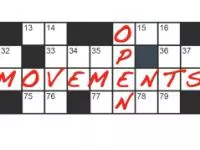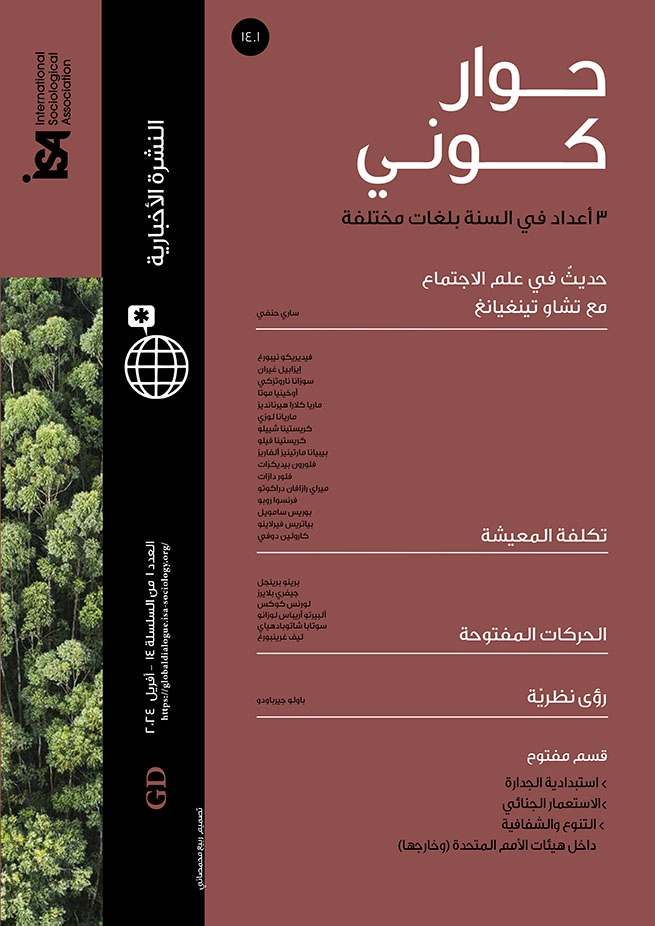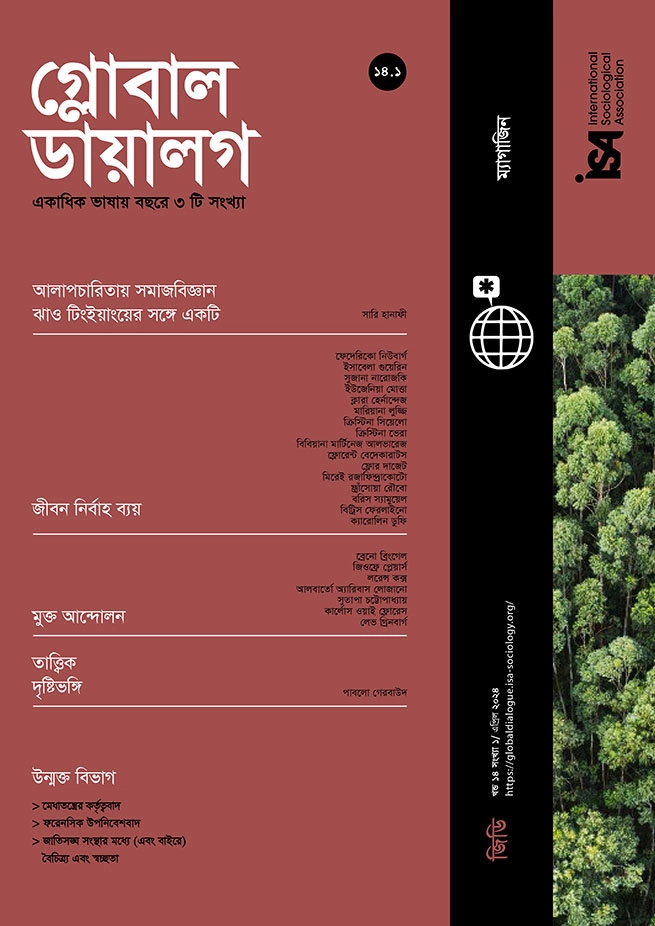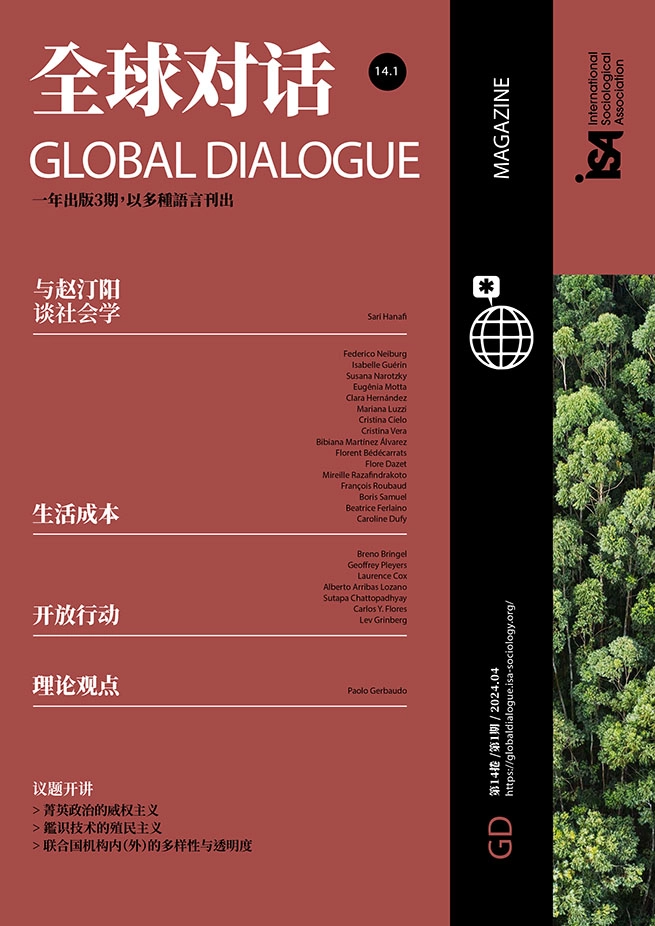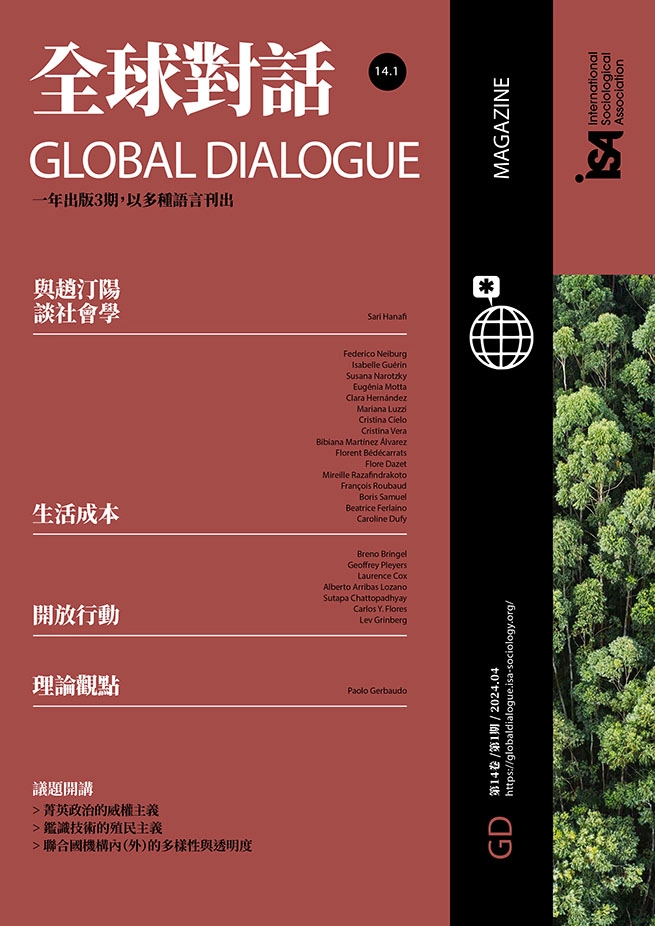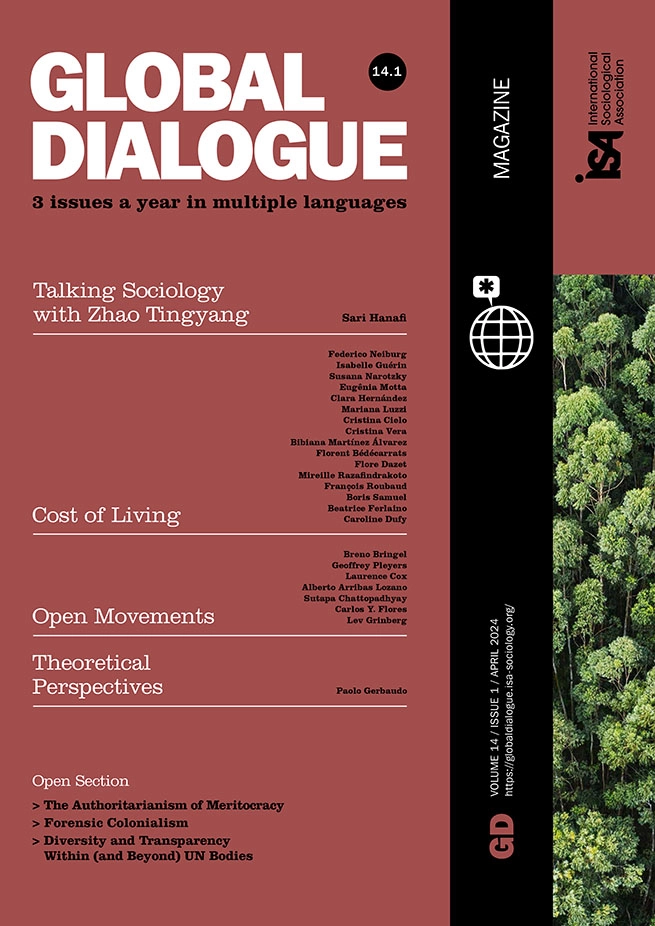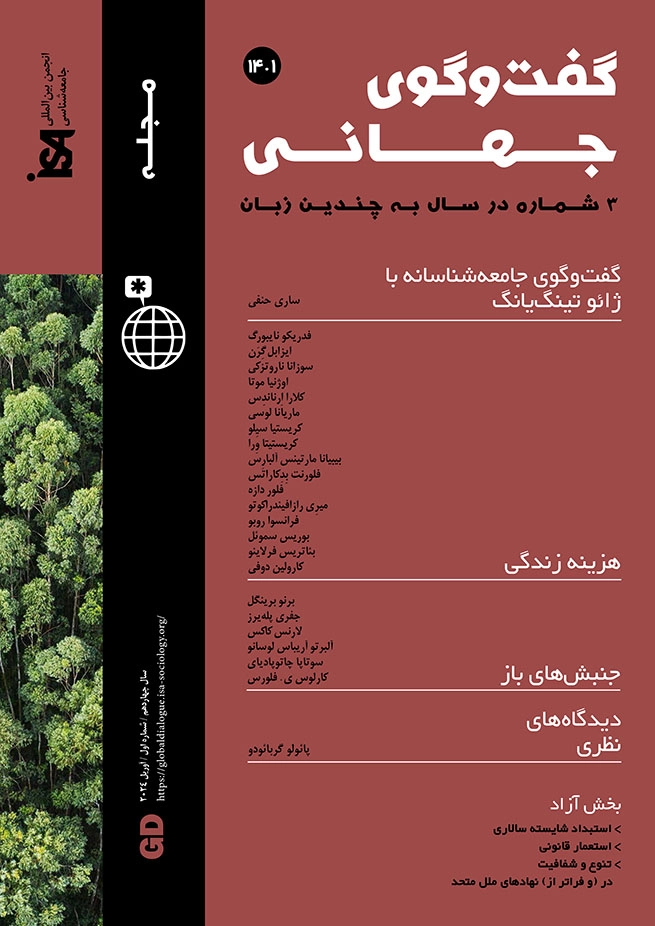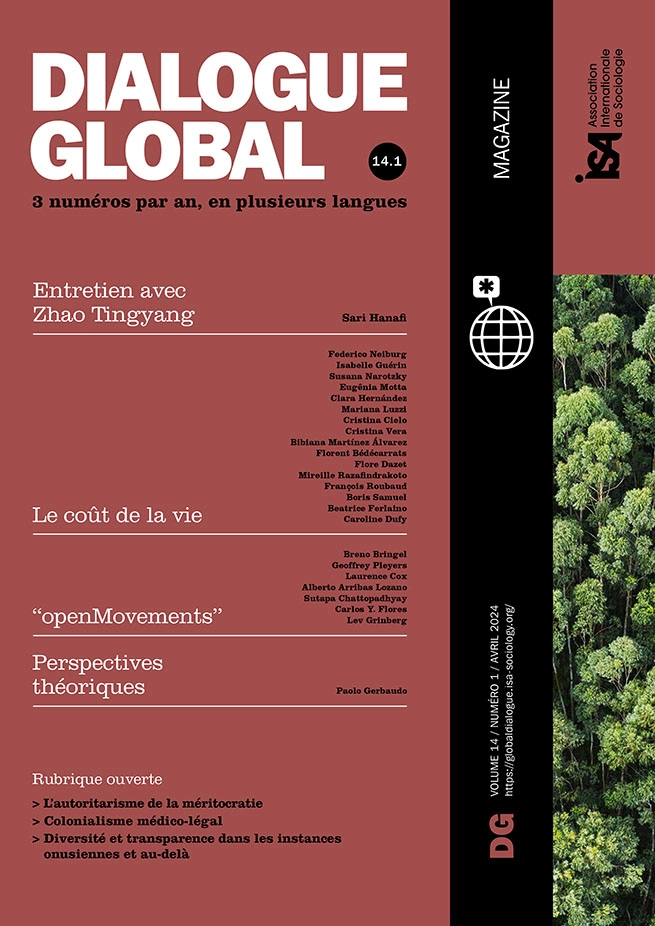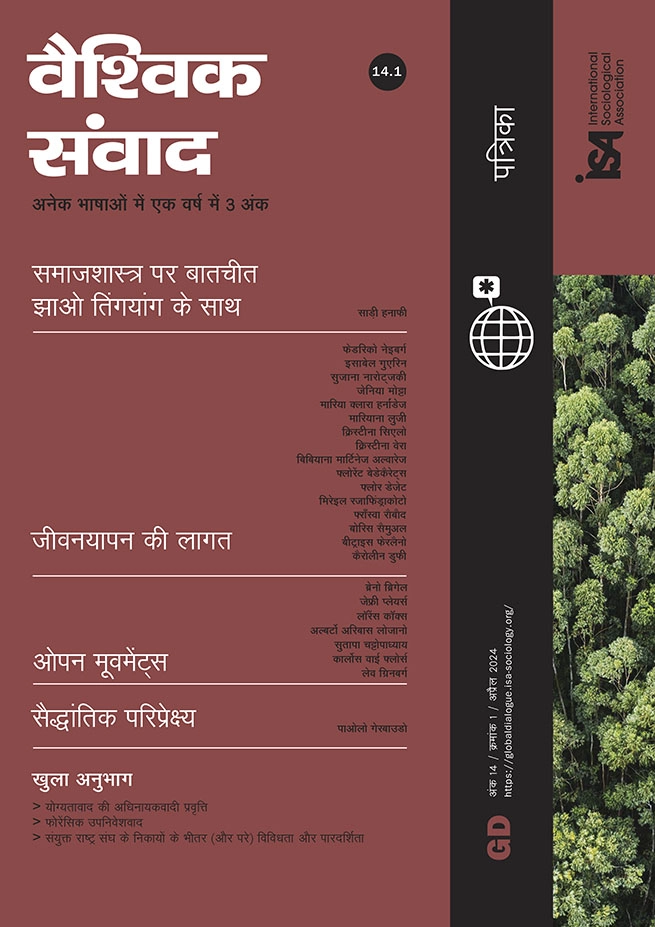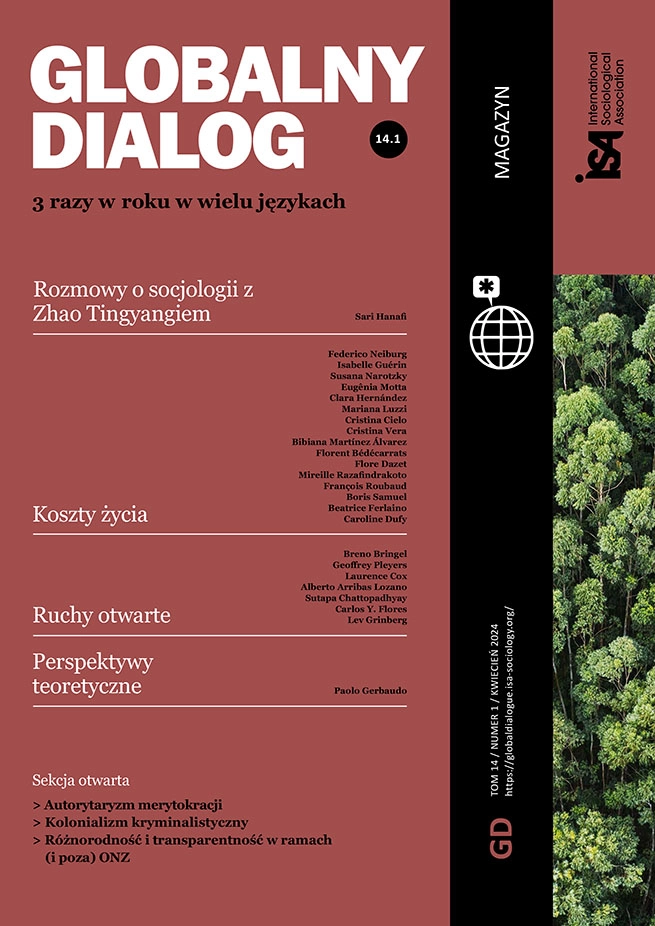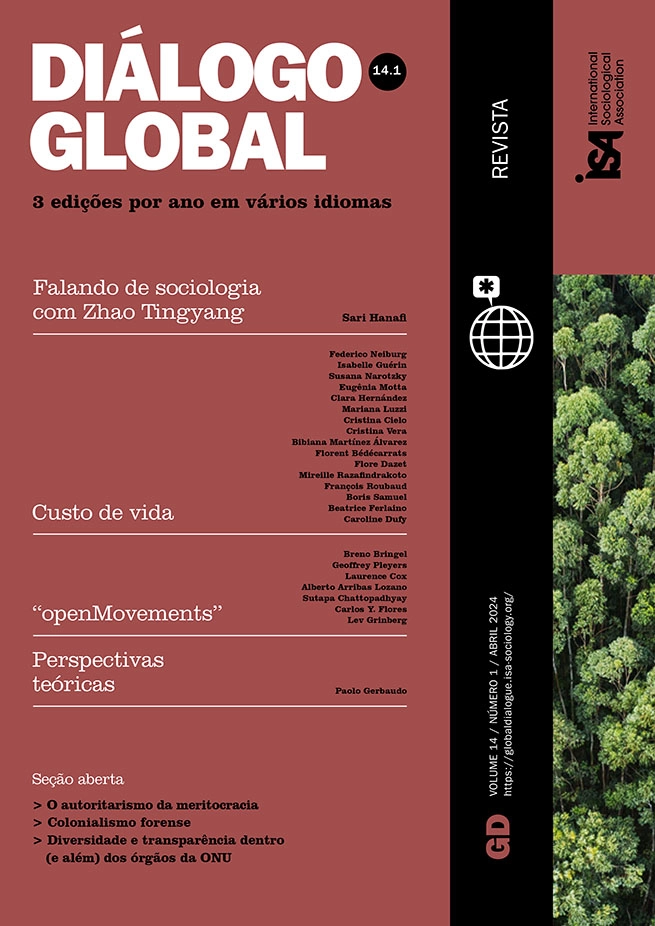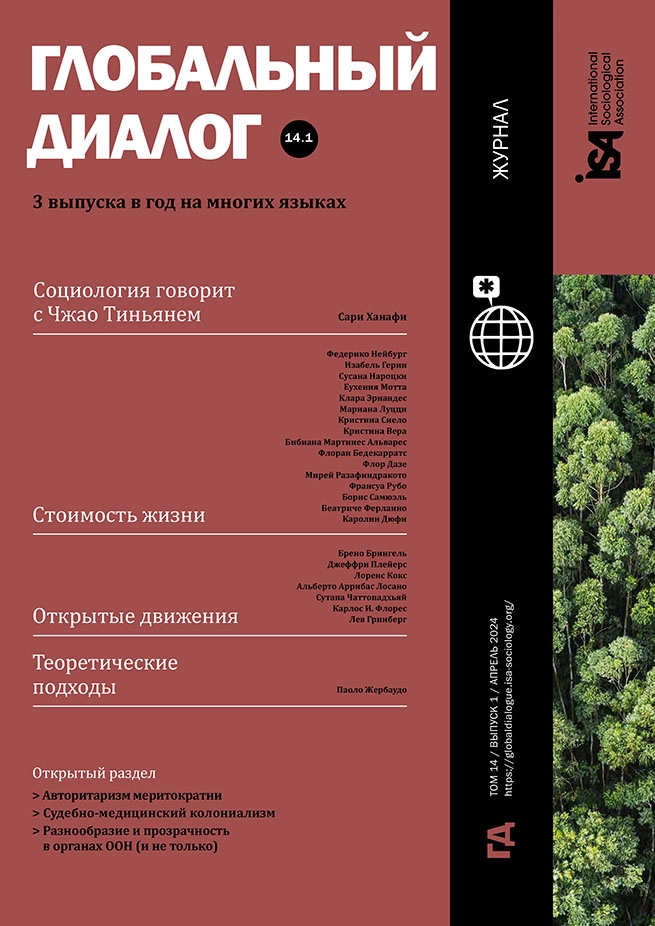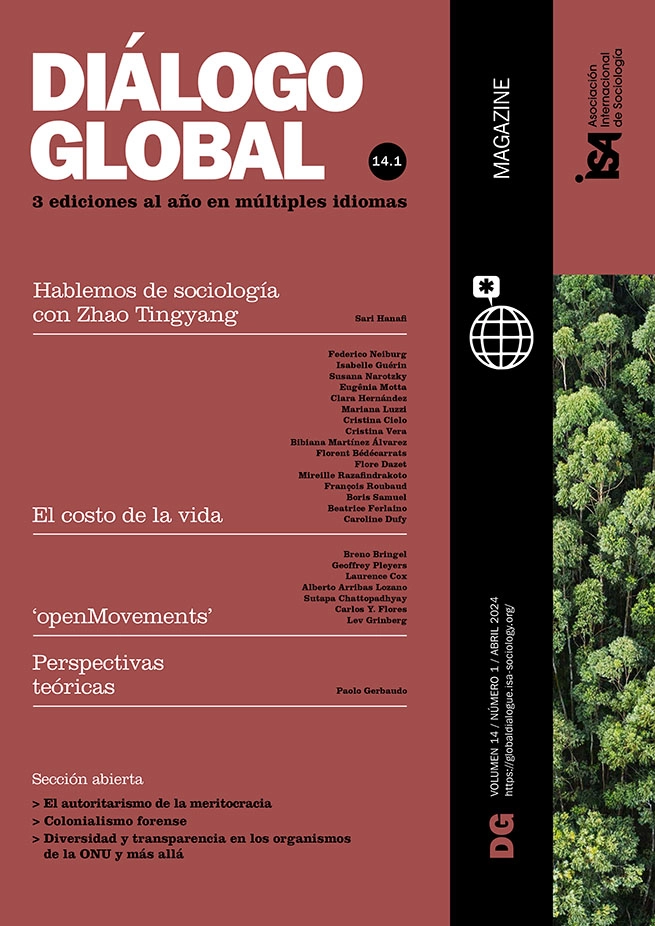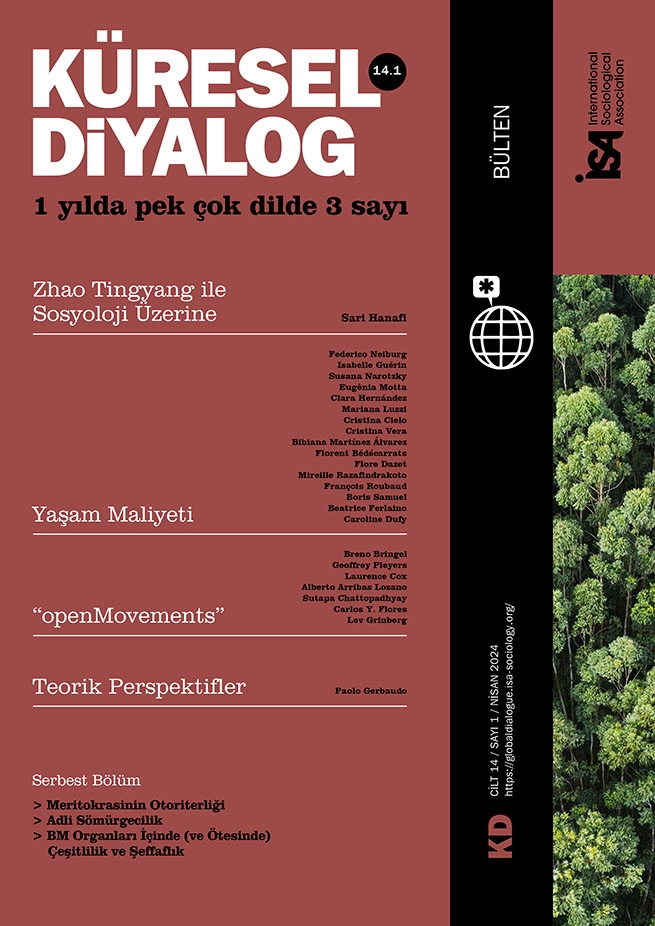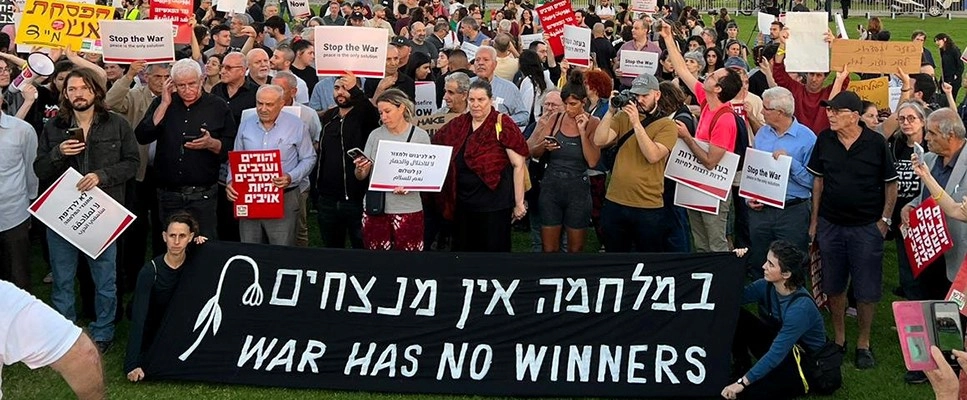Following the slaughter of Israeli civilians, including children and elders, the rape of women, and mutilation and burning of bodies by Hamas on October 7, the public reaction in Israel was “Don’t tell me about the context of the occupation and siege of Gaza, forget about critical theories of colonialism and settler colonialism.”
A parallel neglect of context took place in reaction to the bombing and killing of thousands of Palestinian civilians, including women and children, by the Israeli military, destroying entire neighborhoods and displacing 1.9 million Palestinians from their homes. The de-contextualization, in this case, was ignoring the massacre of civilians perpetrated by Hamas and Jihadists in the South of Israel or even arguing it didn’t happen at all, despite the videos produced by Hamas fighter cameras showing the atrocities, aiming to terrorize Israelis in what I would call ISIS style.
Our moral position must be clear: no context can justify the intentional killing of civilians, which is a war crime. There is no contradiction, in my view, between a moral attitude and a political one. The theoretical concept of dynamic political spaces, which I developed to analyze the Israeli-Palestinian case, is designed to analyze both political openings and violent options, while taking a clear moral and political stand against violence.
In order to analyze murderous violence, context matters. It matters both for comprehending the dynamics that have led to the present cycle of violence and in an attempt to contain further escalations. Here I will briefly explain how both Israeli and Palestinian political arenas became dominated by religious zealot elites ready to launch a total war until victory. This is the declared goal of both the Hamas leadership and the Israeli government, and is a disaster for both peoples and the region. At the end of this article, I will mention a possible peaceful ending to the present war.
The theoretical context
In his comparative research of seventeen cases of murderous ethnic cleansing, Michael Mann shows that they take place when an ethnic group feels under threat, and involve three political elements: 1) a radical political elite, 2) organized para-military groups, and 3) significant social support. In what conditions do two sides engage in a total war against each other? First, they need to believe they can win, and second, they expect support from external international forces.
Settler colonialism is especially murderous, as seen in the US and Australia. However, the Israeli-Palestinian conflict is much more complex, and is wrongly interpreted as a simple case of settler colonialism. The Israeli case includes both types of colonialism, settler and “classic” colonialism, which includes military and economic domination. It also became a national conflict when Jews escaping from antisemitism in Eastern Europe attempted to build a nation-state in their ancient homeland, and the Palestinian local population resisted their displacement and subjugation. In recent years, both national movements have become dominated by religious zealots.
By merging these analytical tools, we can understand both the context of the present volcanic explosion and the dangerous developments since October 7. Aiming to contain violence and looking for political solutions cannot succeed while ignoring the local complexities of this particular case.
The international context
The international context is crucial for understanding the strategies of both sides. Clearly, since Israel redeployed the military around Gaza eighteen years ago, the US, European Union, and conservative Arab regimes have tolerated Israeli periodic air bombings in reaction to Hamas attacks as legitimate acts of self-defense, overlooking the context of siege and economic strangulation.
The Abrahamic peace agreements initiated by Donald Trump between Arab states and Israel, ignoring the Palestinian subjugation and oppression, are the relevant context to comprehend the radicalization of the Israeli and Hamas religious zealots: A) Ignoring the Palestinian question encouraged the most extremist and expansionist trends in the Israeli polity, under the delusion that it can continue the Gaza siege forever, and continue the expansion of settlements displacing Palestinians in the West Bank. B) In reaction to the Abrahamic agreements, Hamas relied on Iranian support and attempted to unite the Palestinians and lead them to national armed resistance.
Both processes have culminated in the October 7 massacre perpetrated by Hamas and the violent Israeli response. It is clear now that no one can ignore the Palestinian question and the Gazan despairing situation. Given the absence of legitimate political leadership able to produce peaceful solutions on both sides, the global aspect of the conflict might lead to a more positive and balanced international intervention.
The local context
The Israeli control system of Palestinians was restructured following the unilateral withdrawal from Gaza in 2005, establishing what was interpreted as “stable tension” with sporadic violent clashes (called “rounds”) tolerated by the international community. Palestinians were divided into four political communities under different regimes of domination: Israeli citizens, Jerusalem residents, and the two largest groups under military domination divided between Hamas ruling in the besieged Gaza and the Fatah Palestinian Authority (PA) ruling the cities in the West Bank.
Both Palestinian political elites have administrative duties towards their civil population and are dependent on Israel for economic subsistence and on the military for their movement. There are two main differences between them. On one side, the PA remained committed to the Peace Accords, cooperated with the Israeli security forces, and continued diplomatic efforts to resume peaceful negotiations, constantly losing legitimacy. On the other side, Hamas combined political efforts with armed resistance, improving its military capacities from round to round and gaining popularity. Palestinian citizens were neutralized both in the West Bank and Gaza, dominated by authoritarian elites supported directly or indirectly by the Israeli regime.
The Israeli citizens also became trapped by conservative political elites, who were contemptuous of the divide-and-rule control system, with no need for peaceful visions of the future. Netanyahu prioritized Hamas because he succeeded in gaining popularity in each violent confrontation. Only one Israeli political force has a vision of the future: the Messianic zealots seeking to expand their domination and dismantle both the Palestinian Authority in the West Bank and Hamas rule in Gaza.
In the absence of alternative political visions, the main differences appeared between the military forces ruling the West Bank: on the one hand, the Israeli security elites seeking to maintain cooperation with the PA in controlling the civil population, and on the other hand, the armed zealot Messianic settlers constantly seeking to displace the Palestinians and sabotaging the Israel Defence Forces-PA cooperation.
The Israeli political system became paralyzed during five consecutive elections between 2019 and 2022, in a deadlock between Netanyahu’s block with the extremist zealots and the anti-Bibi [Netanyahu] block, which used tribal hostility against him in the absence of an alternative political vision.
The formation of an extremist coalition in December 2022, the anti-democratic legislation, and the allocation of Ministerial functions to the most extremist leaders of the zealot settlers, Smotrich and Ben Gvir, provoked unprecedented civil mobilizations against the government. The protestors identified with the military elites against the zealot settlers, and entire reservist units organized and declared they would refuse to serve in the military under the extremist government.
Almost all security officials, including the Chief of Staff Halevi and Minister of Security Galant, warned Netanyahu that the internal tensions would encourage Hamas to attack, but he ignored the warnings. Every day since October 8, Netanyahu has been reminded of his negligence, to which he replies that “political issues” must be postponed until the war’s end. Evidently, he has no political interest in ending the war, which will lead to an inquiry committee into his negligence, and his political partners have no interest in ending the war given that their goal is to displace the Palestinians and expand the Jewish settlement in the evacuated areas.
How can we stop the war and build an alternative peaceful vision?
The question is, how can we stop the war when extremists rule on both sides and seek the total defeat of the enemy while the moderates on both sides have neither leadership, nor legitimacy, nor alternative peaceful visions?
This is the precise moment for a paradigmatic change in the international attitude towards Israel/Palestine: first, imposing a cease-fire and the exchange of hostages and prisoners; second, achieving a non-belligerence (Hudna) agreement and start reconstructing Gaza; and third, starting to build trust in diplomacy and politics by taking into consideration both national expectations: the need for Palestinian independence and the need to appease the existential insecurity of Israel.
In my view, the model of intervention should be the peace agreement in North Ireland mediated by the British and Irish governments. In our case, the brokers should be the US, Egypt, and Saudi Arabia, using power-sharing models beyond the two-state formula.
This article is based on a presentation delivered on November 29, 2023, as part of a series of panels organized by Virginia Tech on the Israel-Palestine conflict, and was last revised by the author on January 17, 2024.
Lev Grinberg, Ben-Gurion University of the Negev, Israel, and Dartmouth College, USA, <grinlev@gmail.com>
